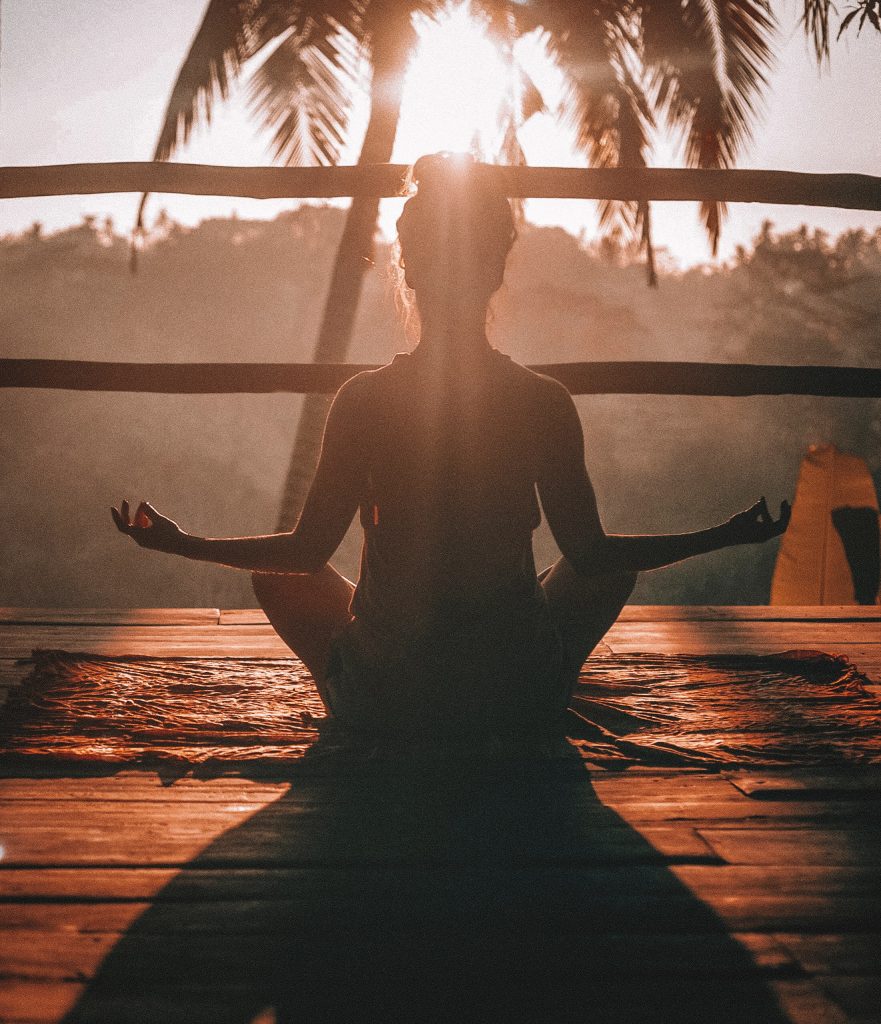
Thom Cuffin-Munday
*Disclaimer: the following article is meant to entertain and provide information on different beliefs and approaches rather than provide medical advice*
In Western culture, the use of scientific methods has arguably been the primary approach to the treatment of mental health, with medication and psychoanalytic therapy being some of the most popular options suggested by GPs in the UK. However, across the East/West binary, the Eastern approach to mental health and wellbeing focuses less on finding the root cause of the issue and more on proactive, self-care methods to retrain yourself and shape your own psychology. This is known as holistic therapy, and is an approach that attempts to heal the whole person rather than their symptoms, aiming to change mindsets and outlooks rather than specific areas of one’s psyche (which medicines or counselling might try to tackle). A usual response to holistic approaches is to disregard them, however, some treatments have been proven. Listed below are a few holistic therapy treatments and their benefits.
Yoga
These days everyone has heard of yoga, and although the Westernised version focuses primarily on exercise and stretching, the original practice from India is treated as a philosophical tradition that deals with all aspects of life. More than simply bending your body into different positions, yoga focuses the mind through meditation and philosophy. Traditional yoga championed the idea of sacrificing the ego through ‘self-knowledge, action (karma yoga) and wisdom (jnana yoga).’ This developed to include many other forms of yoga such as tantra which cleanses the body, and hatha, the physical form that has been most popularised in the West. The exercise and breathing techniques developed through yoga practice are also very helpful for mental health. Many studies have shown how yoga can help decrease anxiety and depression through reduction in cortisol levels, alongside the obvious physical health benefits from regular exercise that include improvements in sleep quality, increased flexibility and improved breathing. There are many online videos available if you’d like to practise yoga; I recommend ‘Yoga with Adriene’ on YouTube – it’s free and has many types of sessions for tackling different problems.
Aromatherapy
Another up-and-comer in the holistic therapy world is the use of essential oils, and their health benefits are becoming more renowned. Aromatherapy can be used to ‘aid’ treatment of many physical and mental health problems, as the scents of certain oils extracted from flowers and plants are said to assist in awakening the body’s natural healing process. To someone who may not be convinced by the health benefits of essential oils scientifically, simply smelling nice scents can lift one’s mood. The stimulation of your smell receptors can send messages through your nervous system to the limbic system, activating your emotional control centre, which can help provoke an emotional response. Dr E. Joy Boyles, author of The Chemistry of Aromatherapeutic Oils, describes the therapeutic benefits of lavender oil, which was shown during a clinical trial to have an equal effect of reducing anxiety to popular anti-anxiety drug Lorazepam. Although empirical evidence for the physical health benefits of essential oils is scant, psychologically their aroma can help improve your mood and, even if simply through placebo, can help maintain a positive mental attitude. (Oh, and also make your room smell amazing!). You can get essential oils online or from places like Holland and Barrett and use a diffuser to fill your room – alternatively, you can use scented candles or oil burners for the same effect if your accommodation allows it.
Crystals
Certain crystals possess qualities that can interact with your chakras and instigate emotional responses. My top three crystals for aiding with mental health are as follows.
- Sunstone – promotes positivity and motivation as it interacts with the sacral and solar plexus chakras.
- Amethyst – can be used to alleviate stress and balance mood swings by interacting with your crown chakra.
- Rose Quartz is an excellent all-rounder crystal representing love in all forms – in engaging with the heart and root chakras, it promotes love, compassion and self-esteem.
The reason that different crystals work for different areas of the body is to do with their vibrational frequencies. If your chakras are misaligned, the vibrations that come from certain crystals can help to realign them and restore peace and order to your body and spirit. This vibration comes from their molecular make-up, which differs between each crystal. Crystal healers don’t focus necessarily on specific symptoms but rather assess the energetic reason for an ailment, and then seek to correct the vibrations within the corresponding chakra. There are many online shops for crystals, I would personally recommend crystalvaults.com for a wide array and plenty of advice on crystal usage!
The key thing to acknowledge from these therapies is their ability to assist with mental health problems, and in no means do they offer a ‘cure’, in the same way that medicine and counselling will never be described as a ‘cure’ either. The best advice I can offer to someone who is looking for therapeutic support for their mental health is to combine the scientific and holistic methods to create an all-round approach. In my experience, seeking out solutions myself and doing my own research has certainly helped me in my mental health journey, be that by researching the science behind prescribed medicines, or looking up the best yoga positions to relieve stress. I hope that the holistic therapies I have mentioned may peak your interest in different approaches and widen your horizons. Exploring different approaches to mental health can be very beneficial for finding what works for you – best of luck!
Sources
https://bigthink.com/big-think-mentor/using-what-works-nil-an-eastwest-approach-to-mental-health
https://www.yogabasics.com/learn/history-of-yoga/
Dr Esther Joy Boyles, The Chemistry of Aromatherapeutic Oils
